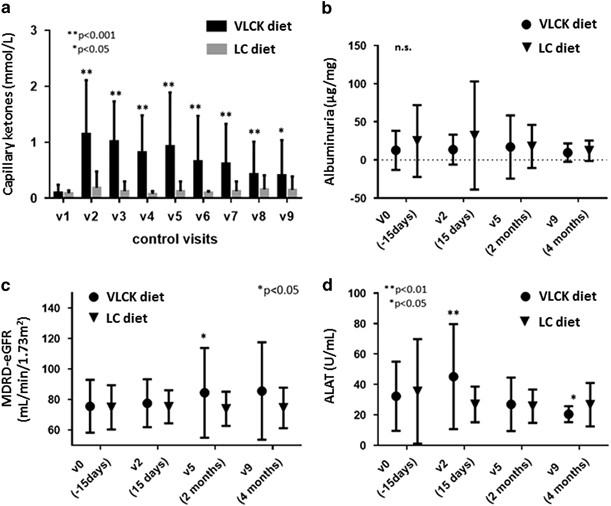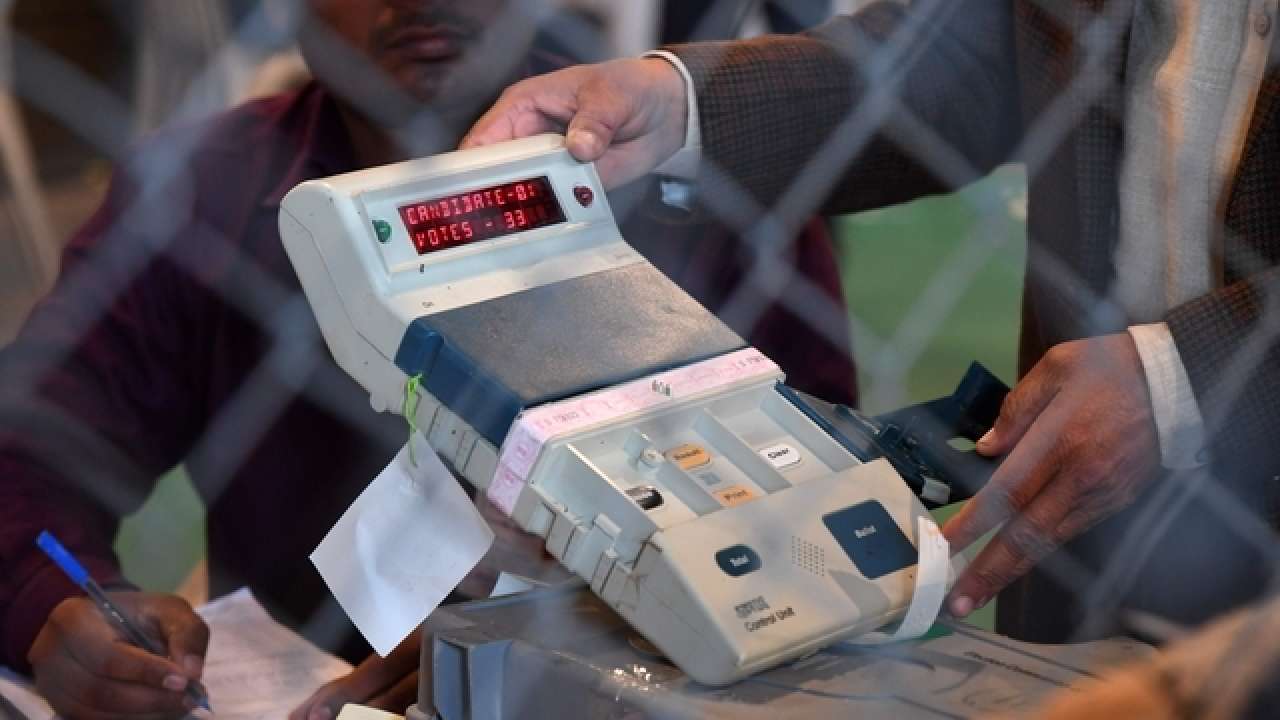- Select a language for the TTS:
- UK English Female
- UK English Male
- US English Female
- US English Male
- Australian Female
- Australian Male
- Language selected: (auto detect) - EN
Play all audios:
Access through your institution Buy or subscribe The question of action by the IACUC is twofold – regulatory concerns, and methods to correct the situation/prevent recurrence need
consideration. The IACUC needs to first decide if this situation warrants a report to OLAW and/or USDA. For the question of OLAW reporting, PHS Policy IV.F.3 (ref. 1) states that a report is
necessary for “serious or continuing non-compliance with PHS Policy,” “serious deviation from the provisions of the _Guide”_ or “any suspension of an activity by the IACUC”. The AWRs §2.31
(d)(7) (ref. 2) state that reporting to APHIS (and the funding agency) is required if an activity is suspended by the IACUC/IO. Osterman's lab conducted all work compliant with an
approved protocol and promptly reported the events to the IACUC. They actively cooperated with IACUC and the institution's veterinarians to evaluate the animals, records and anesthesia
machines. Based on this scenario, reporting to either OLAW or APHIS is not warranted. The IACUC now needs to decide how to best proceed by matching their action to the severity of the
adverse events. The least intrusive option for the PI would be to simply agree with Osterman and accept that these incidents were bad luck based on the five-year track record of no previous
unexpected adverse events. This would allow Osterman to proceed with his research uninhibited, but there would be an inherent risk of a repeat adverse event since no corrective action would
be taken. A much more aggressive option would be for the IACUC to either suspend the protocol or ask Osterman to voluntarily cease his research until he can submit a plan aimed at reducing
the risk of anesthetic deaths. This is an overzealous response—Osterman and his team have been very cooperative and there might not be enough specific knowledge within the lab to create a
comprehensive plan. This is a preview of subscription content, access via your institution ACCESS OPTIONS Access through your institution ADDITIONAL ACCESS OPTIONS: * Log in * Learn about
institutional subscriptions * Read our FAQs * Contact customer support REFERENCES * U.S. Department of Health and Human Services. _Public Health Service Policy on Humane Care and Use of
Laboratory Animals_ (2015). * United States Department of Agriculture. _Animal Welfare Act and Animal Welfare Regulations_ (2013). Download references AUTHOR INFORMATION AUTHORS AND
AFFILIATIONS * Division of Comparative Medicine, University of North Carolina at Chapel Hill, Chapel Hill, NC Steven T Shipley & Jenny Estes Authors * Steven T Shipley View author
publications You can also search for this author inPubMed Google Scholar * Jenny Estes View author publications You can also search for this author inPubMed Google Scholar RIGHTS AND
PERMISSIONS Reprints and permissions ABOUT THIS ARTICLE CITE THIS ARTICLE Shipley, S., Estes, J. Response to Protocol Review Scenario: Reporting is unnecessary, but preventing further
unexpected deaths is key. _Lab Anim_ 47, 30–31 (2018). https://doi.org/10.1038/laban.1402 Download citation * Published: 31 January 2018 * Issue Date: February 2018 * DOI:
https://doi.org/10.1038/laban.1402 SHARE THIS ARTICLE Anyone you share the following link with will be able to read this content: Get shareable link Sorry, a shareable link is not currently
available for this article. Copy to clipboard Provided by the Springer Nature SharedIt content-sharing initiative





